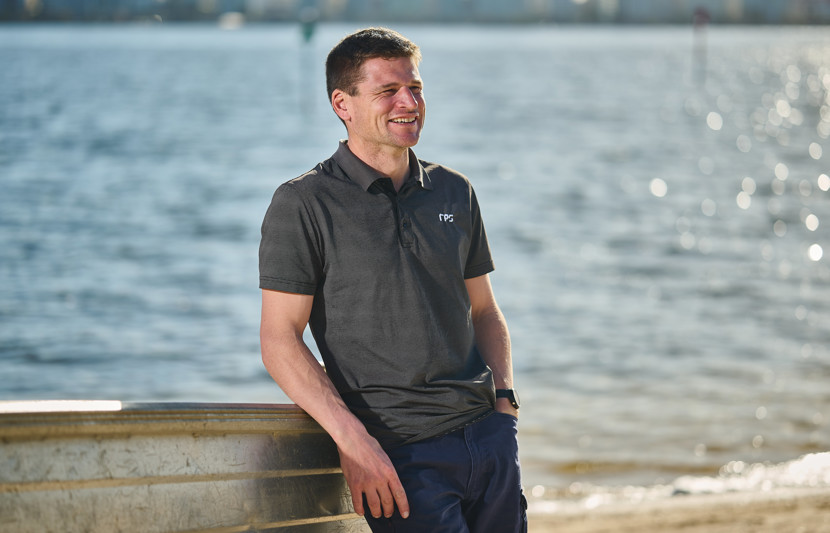
Solving problems that matter to a complex, urbanising and resource-scarce world.
About usWe are consultants, designers, planners, engineers and technical specialists delivering projects that matter in urbanisation, natural resources and sustainability
Founded in 1970, RPS is now part of Tetra Tech, a leading provider of consulting and engineering services worldwide. Our experts define, design and manage projects that create shared value to a complex, urbanising and resource-scarce world.
25,000 +
talented people
$ 5 b
annual revenue
500
offices worldwide
100,000
projects annually
Ideas for a faster energy transition
Across RPS, our consultants are supporting energy clients to navigate complexity and propel projects forward through improvement across all phases of the project lifecycle. Discover our insights on how project owners can accelerate across five key aspects of energy project delivery:


Build your career at RPS
We strive to solve problems in pragmatic ways. We're passionate about delivering results. We ask questions. We define problems. We make complex easy.
RPS is a great place to do great work. No day is the same and our people are integrally involved in defining our culture, behaviours and success. Working together, we challenge each other and seize opportunities to learn and grow, both professionally and personally. You can too.


































